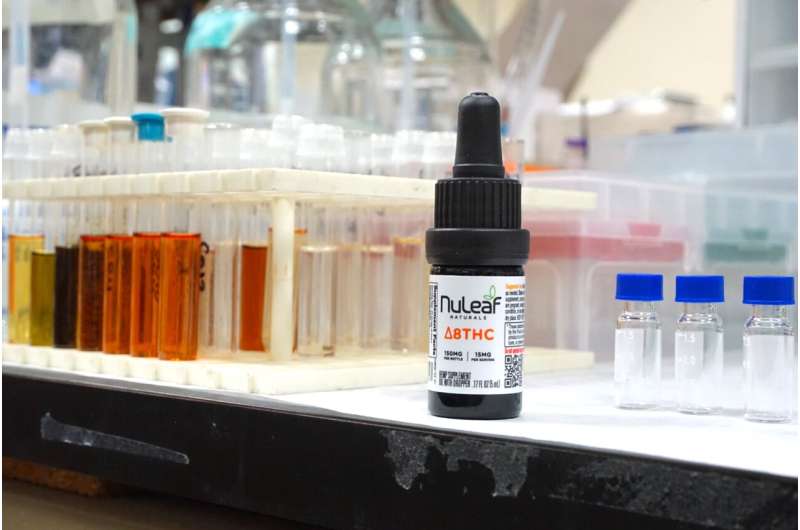Study Finds NHS Talking Therapy Less Effective for Young Adults

New research suggests NHS talking therapies are less effective for young adults aged 16-24, highlighting the need for tailored mental health services to improve outcomes in this age group.
Recent research conducted by University College London has revealed that NHS-provided talking therapies, such as cognitive behavioral therapy (CBT), guided self-help, and interpersonal therapy, tend to be less effective for individuals aged 16 to 24 compared to the broader adult population aged 25 to 65. The study analyzed data from 1.5 million people who attended NHS mental health services for depression and anxiety between 2015 and 2019, including over 300,000 young adults.
The findings indicate that while therapy remains beneficial, young adults experience smaller improvements in symptom reduction. Specifically, individuals aged 16-24 were approximately 25% less likely to achieve reliable recovery and 17% less likely to report significant improvement than their older counterparts. If therapies could be as effective for young people as for older adults, an estimated 20,000 additional young adults in England could have recovered each year during the study period.
Lead researcher Dr. Rob Saunders emphasized that young people often face unique challenges navigating adult-focused mental health services, which may contribute to these outcomes. The transitional nature of late adolescence and early adulthood, coupled with different potential causes of depression and anxiety, suggests that tailored treatment approaches are necessary.
Professor Argyris Stringaris noted that early onset depression and anxiety might have distinct underlying factors requiring innovative and specific intervention strategies. The study underscores the importance of adapting mental health services to better meet the needs of young adults, especially given rising rates of depression and anxiety in this age group.
This research highlights the critical need for continued development of targeted mental health interventions to optimize care delivery and improve recovery rates among young people.
Stay Updated with Mia's Feed
Get the latest health & wellness insights delivered straight to your inbox.
Related Articles
New Research Links Racial Discrimination to Mental Health Deterioration in a Dose-Response Pattern
A groundbreaking study uncovers a dose-response relationship between racial discrimination and worsening mental health, highlighting the urgent need for anti-racism actions and policies.
How Poor Sleep Could Increase the Risk of Alcohol Problems in College Students
Poor sleep quality is linked to increased negative emotions and impulse control issues, elevating the risk of alcohol problems in college students. Learn how sleep impacts mental health and drinking behaviors.
High THC Levels Linked to Increased Risk of Schizophrenia and Psychosis
High concentrations of THC in cannabis are associated with increased risks of schizophrenia, psychosis, and substance use disorders, highlighting the need for cautious consumption and further research.
Neural Patterns Reveal Why Optimists Are More Similar in Thinking Than Pessimists
New research uncovers how optimism and pessimism are reflected in brain activity patterns, revealing why optimists share similar visions of the future, influencing social connectedness.



